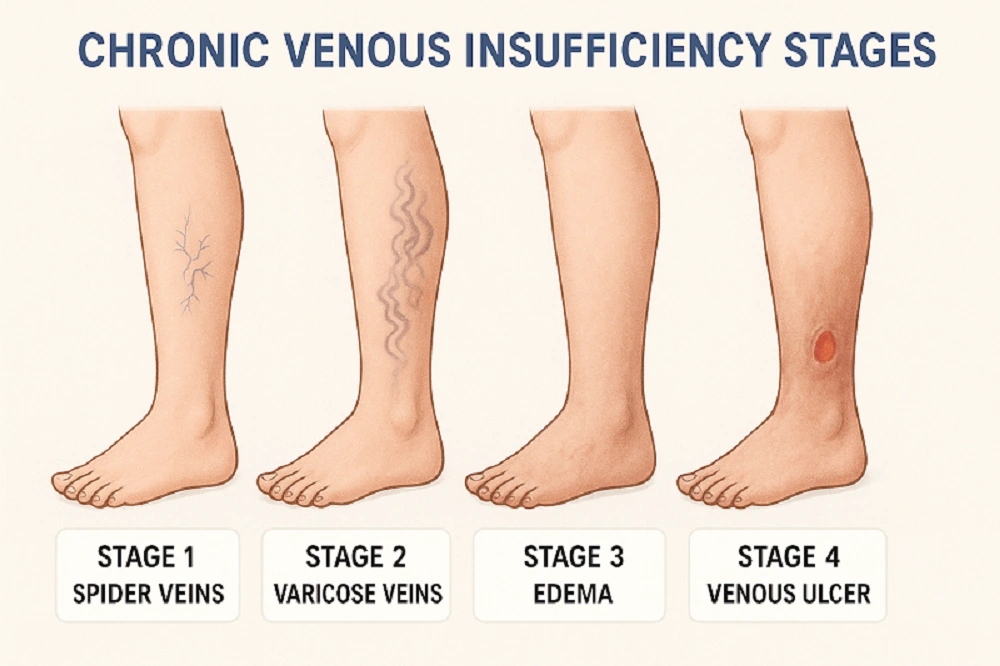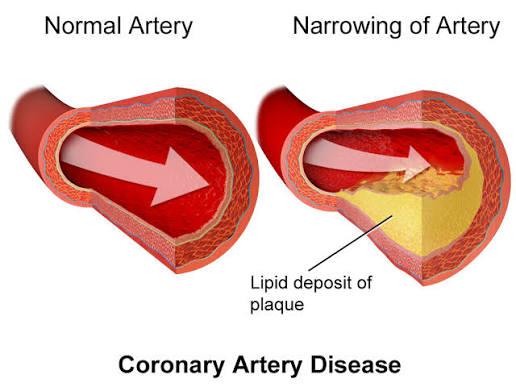
Ethical Principles in the Doctor-Patient Relationship
The doctor-patient relationship is a cornerstone of medical practice, characterized by a unique interplay of trust, communication, and ethical considerations. This relationship is governed by several ethical principles that guide physicians in their interactions with patients. These principles include autonomy, beneficence, non-maleficence, and justice.
1. Autonomy
Autonomy refers to the right of patients to make informed decisions about their own healthcare. This principle emphasizes the importance of respecting a patient’s individual choices and values. In practice, this means that doctors must provide patients with all relevant information regarding their diagnosis, treatment options, potential risks and benefits, and any alternative therapies available. The expectation from patients is that they will be treated as partners in their healthcare decisions rather than passive recipients of care.
2. Beneficence
Beneficence involves acting in the best interest of the patient. Physicians are expected to promote good health outcomes and enhance the well-being of their patients through appropriate interventions. Patients expect doctors to not only treat illnesses but also to consider their overall quality of life when recommending treatments. This principle underscores the importance of empathy and compassion in medical practice.
3. Non-maleficence
Non-maleficence is the obligation to avoid causing harm to patients. This principle requires physicians to weigh the potential risks against the benefits of any proposed treatment or intervention. Patients expect that doctors will prioritize their safety and well-being above all else, ensuring that any action taken does not lead to unnecessary harm or suffering.
4. Justice
Justice pertains to fairness in medical treatment and access to healthcare resources. It encompasses issues such as equitable distribution of medical services and consideration for vulnerable populations who may face barriers to care. Patients expect that they will receive fair treatment regardless of their background or circumstances.
Patient Expectations
Patients enter into a doctor-patient relationship with specific expectations regarding these ethical principles:
- Informed Consent: Patients expect clear communication about their health status and treatment options so they can make informed choices.
- Compassionate Care: They anticipate empathy from healthcare providers who understand their concerns and feelings.
- Safety: Patients expect that doctors will prioritize their safety by minimizing risks associated with treatments.
- Fair Treatment: They seek assurance that they will receive equitable care without discrimination based on socioeconomic status or other factors.
- Confidentiality: Patients expect that personal health information will be kept confidential unless consent is given for disclosure.
Doctor’s Attitude Towards Patient Expectations
Doctors play a crucial role in addressing these expectations through their attitudes and behaviors:
- Communication Skills: Effective communication fosters trust; physicians should actively listen to patient concerns while providing clear explanations.
- Empathy: A compassionate approach helps build rapport; understanding a patient’s emotional state can enhance compliance with treatment plans.
- Transparency: Being open about potential risks and uncertainties builds trust; physicians should encourage questions from patients.
- Advocacy: Doctors should advocate for fair access to care for all patients, recognizing systemic barriers that may affect health outcomes.
- Respect for Privacy: Upholding confidentiality reinforces trust; physicians must ensure compliance with legal standards regarding patient privacy.
The Unique Nature of the Doctor-Patient Relationship
The doctor-patient relationship is distinct due to its inherent power dynamics, emotional components, and ethical obligations. Unlike many professional relationships, it involves intimate disclosures about personal health matters which require a high level of trust between parties. The vulnerability experienced by patients necessitates an ethical framework where respect for autonomy coexists with beneficent intentions.
This relationship also evolves over time; as trust builds through consistent interactions, patients may feel more comfortable expressing concerns or preferences regarding their care plan. Conversely, breaches in ethical conduct can severely damage this relationship—leading to mistrust or reluctance in seeking necessary medical attention.
In conclusion, understanding the ethical principles governing the doctor-patient relationship is essential for both parties involved—patients must articulate their expectations while physicians strive to meet those needs within an ethical framework designed to promote health and well-being.







